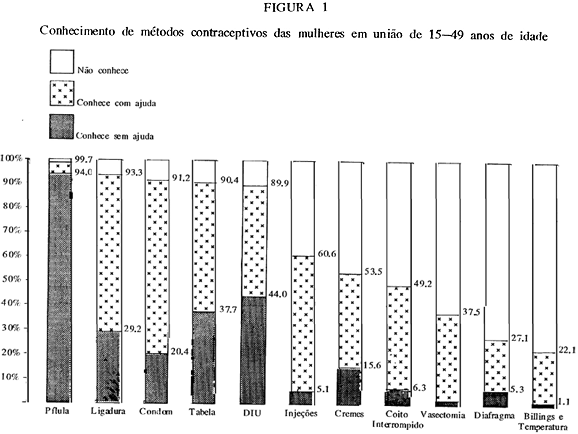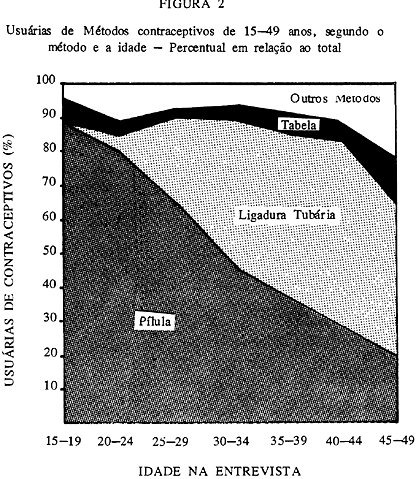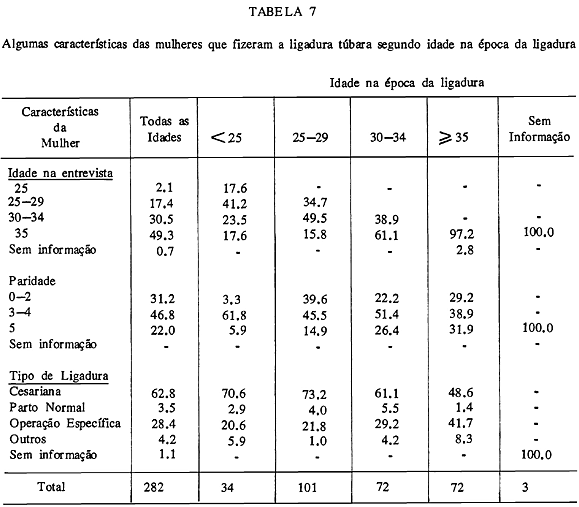This paper examines contraceptive practice and the problems low income women face in controlling their fertility. The discussion is based on survey data collected between 1984 and 1985 in seven slum communities (favelas) situated in the metropolitan area of Rio de Janeiro, Brazil. Despite the absence of family planning care, in the study area, a contraceptive prevalence rates of 67% among women in union was observed. The analysis reveals, however, that high prevalence was achieved almost exclusively, through the use of two effective female methods oral contraception and female sterilization. Use of these methods was seen to be associated with unnecessarily high health risks. It is concluded that family planning care, as part of an integral health care programme for women is required, that places emphasis on health education activities and offers the full range of reversible contraceptives. Although PAISM contemplates such a programme, its effective implementation depends not only on changes within the health sector but more importantly on ample transformations within Brazilian society.











